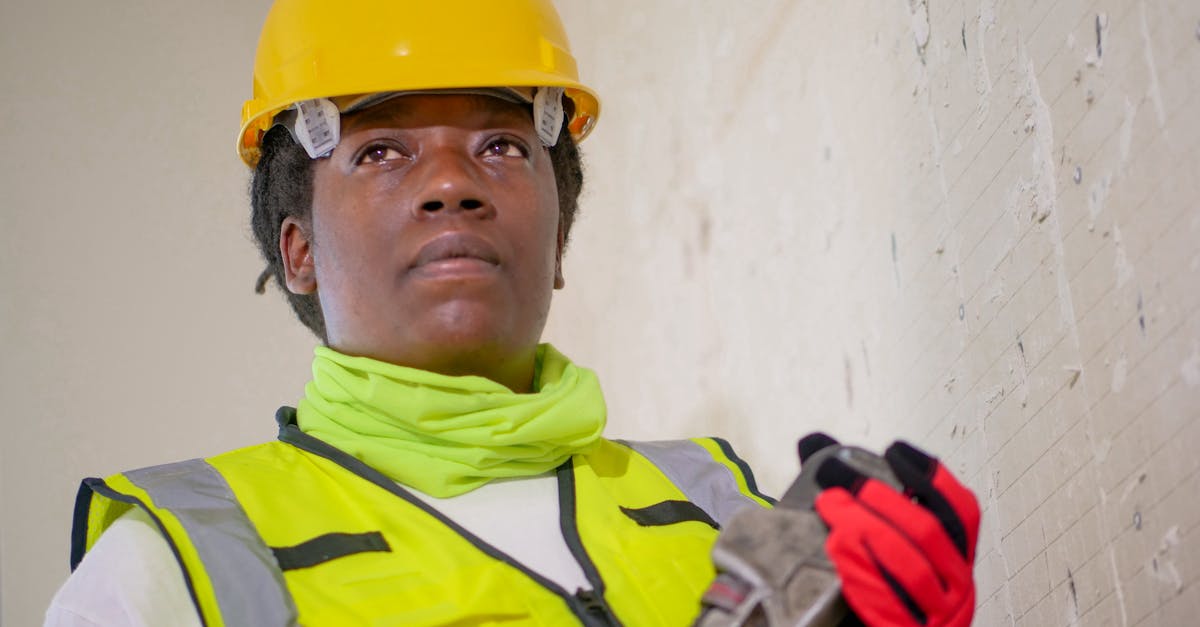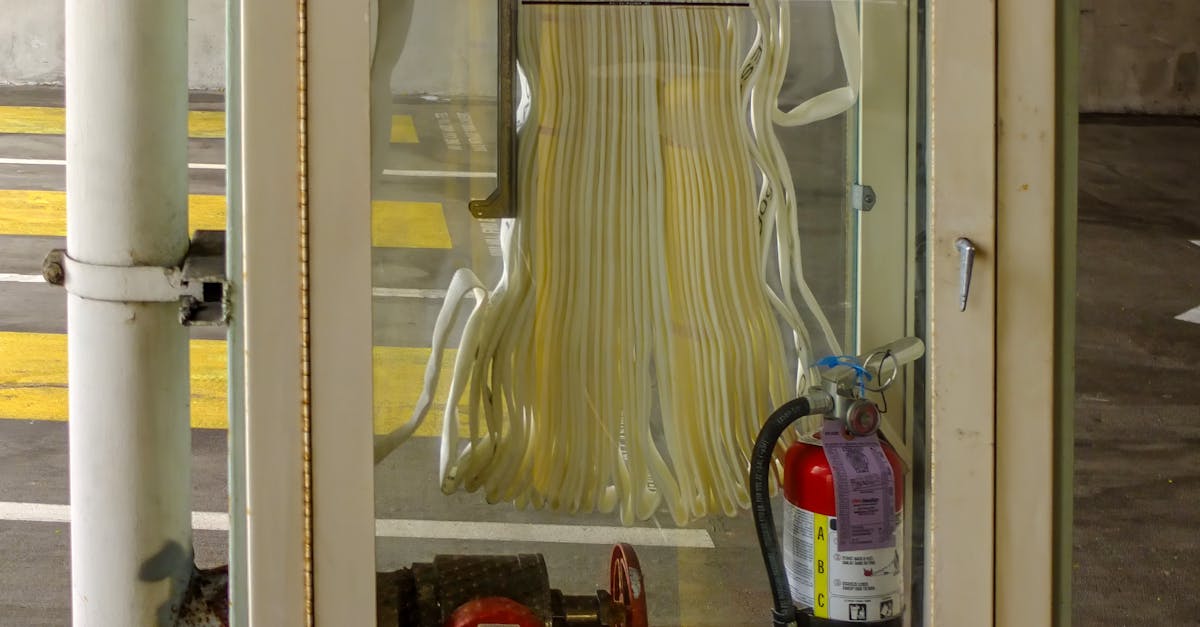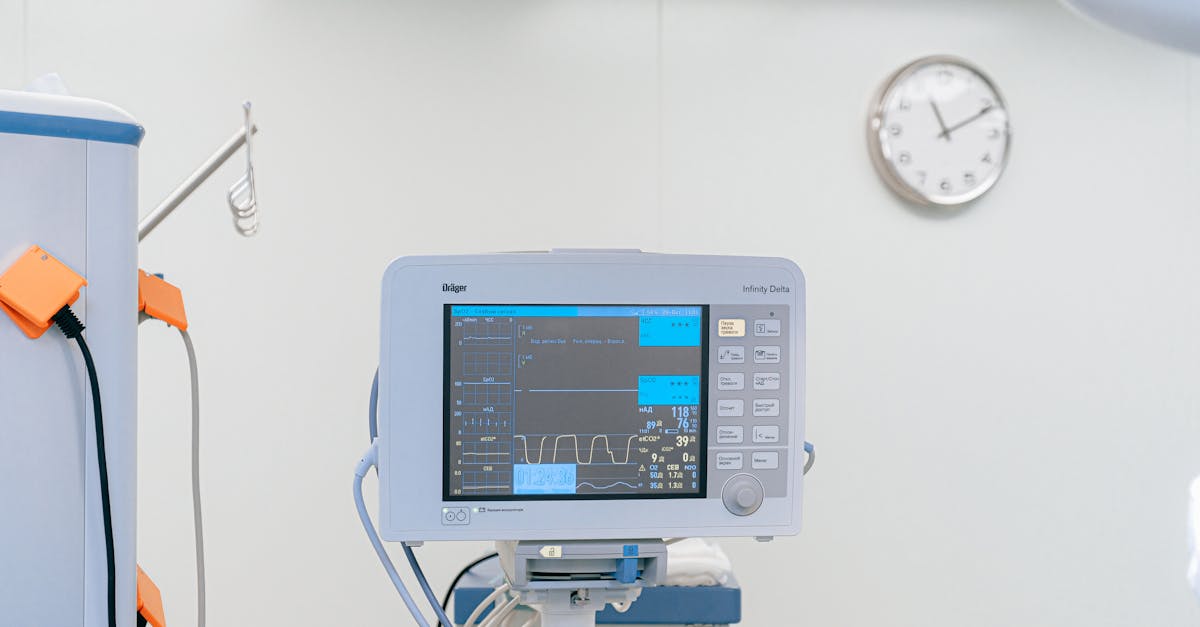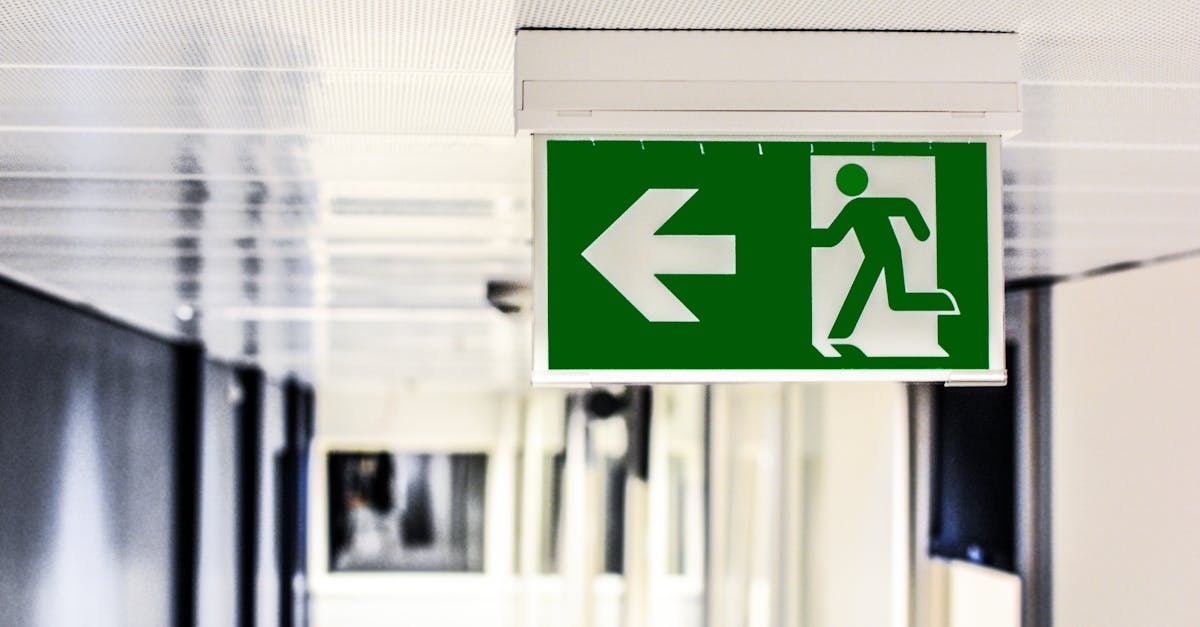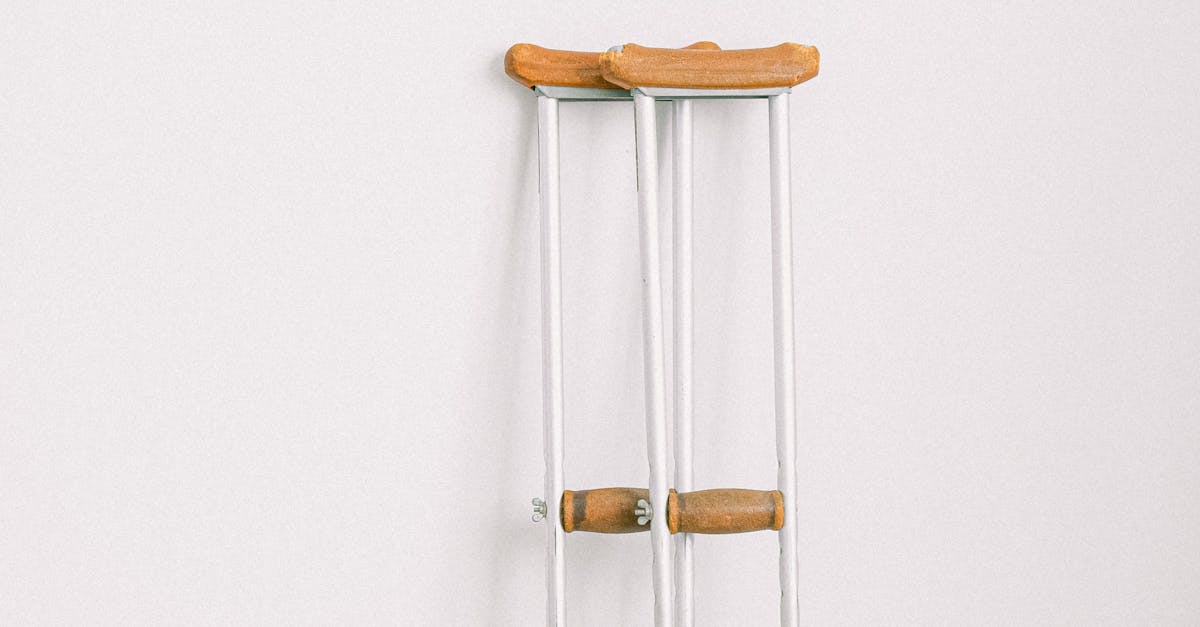
Table Of Contents
Chemical Solutions for Clogs
Chemical solutions for clogs are widely employed in drain cleaning due to their effectiveness in dissolving organic material and other debris that may lead to blockages. These products typically contain potent ingredients that break down hair, grease, soap scum, and food particles. When selecting a drain cleaner, it is vital to consider whether the formula is compatible with the type of plumbing in your home. Some chemicals can cause damage to older pipes or septic systems, so reading labels and following instructions is crucial for safe use.
While chemical drain cleaners can be convenient and fast-acting, they should be used cautiously. Over-reliance on these solutions may not address the root cause of recurring blockages. Regular drain cleaning maintenance can prevent build-up and prolong the lifespan of your plumbing. In cases where chemical treatments fail to resolve the clog, it may indicate a more serious underlying issue that could require mechanical methods or professional assistance.
Safe and Effective Drain cleaners
When dealing with clogs, many homeowners opt for safe and effective drain cleaners that use environmentally friendly ingredients. These alternatives often leverage enzymes or bacteria to break down organic matter without causing harm to plumbing systems. Users appreciate these products for their ability to clear light to moderate blockages while minimising the impact on the environment. Drain cleaning can thus be performed with peace of mind, knowing that these solutions are less likely to produce toxic fumes or damage pipes.
In addition to safer chemical options, there are also hydrogen peroxide-based cleaners that provide powerful cleaning action without harmful side effects. These cleaners work by releasing oxygen as they break down debris, effectively unclogging drains. Homeowners should always follow instructions carefully and use these products as directed to ensure they are effective in their drain cleaning efforts. Balancing effectiveness and safety is crucial for maintaining the longevity of plumbing systems while achieving optimal results.
Mechanical Drain Clearing Methods
Mechanical drain clearing methods provide reliable solutions for stubborn blockages that chemical cleaners may not resolve. Tools such as drain augers effectively reach deep into pipes to dislodge and remove debris. These flexible cables can navigate bends and turns, making them suitable for clearing various types of clogs. Additionally, high-pressure water jets are used to spray water at extremely high pressure, effectively washing away grease, tree roots, and other difficult blockages.
When using mechanical methods for drain cleaning, it is crucial to understand the specific issues impacting the plumbing system. Incorrect use of tools can lead to pipe damage or exacerbate existing problems. Therefore, familiarity with the system and caution in applying these techniques is essential to ensure the drain is cleared without causing harm. Evaluating the severity of the problem helps determine the appropriate method for effective and safe drain cleaning.
How Augers and Jets Work
Augers and jetters are essential tools in the realm of drain cleaning. An auger, often referred to as a plumber's snake, uses a flexible, metal coil that is inserted into the pipes. The rotating action of the auger can effectively dislodge clogs caused by debris, grease, or tree roots, allowing for easy removal. This method is particularly useful for clearing mid-line blockages without the need for extensive excavation.
High-pressure water jetters represent another efficient approach in drain cleaning. These devices blast high-pressure water through specially designed nozzles, creating a powerful jet that can break apart stubborn obstructions. Jetters also clean the walls of the pipes as they work, which helps in preventing future build-up. Professionals often rely on these tools as they provide a thorough and effective solution for maintaining drainage systems.
Identifying Serious Drain Problems
Recognising serious drain problems is crucial to maintaining a healthy plumbing system. Homeowners should be vigilant about unusual signs such as persistent slow drainage, foul odours, or frequent clogs that return shortly after drain cleaning efforts. These indicators often suggest deeper issues within the plumbing infrastructure, such as tree roots infiltrating pipes, pipe fractures, or severe buildup of debris. Ignoring these symptoms can lead to more extensive damage and costly repairs down the line.
In situations where minor drain cleaning methods fail to resolve the issues, it may be time to consult a professional. Experts can conduct thorough inspections using cameras to identify blockages or structural damage not visible to the naked eye. Severe leaks, recurring backups, or even gurgling sounds from toilets can also signal more significant drain problems. Early intervention is key to preventing further complications and ensuring the longevity of the plumbing system.
When to Seek Professional Help
Routine drain cleaning can often handle minor clogs and blockages. However, persistent issues may indicate more serious underlying problems. If you find that your drains frequently clog despite regular maintenance, it might be time to consult a professional. They have the tools and expertise needed to diagnose complex issues that go beyond surface-level problems.
Signs such as slow drainage, foul odours, or gurgling noises warrant immediate attention. These symptoms could suggest damaged pipes or build-up that standard home remedies cannot resolve effectively. Engaging a professional service ensures that any serious drainage issues are addressed promptly, preventing further damage to your plumbing system and avoiding costly repairs in the future.
FAQS
What are the most common chemical solutions used for clearing drains?
Common chemical solutions include caustic soda, vinegar and baking soda, and commercial drain cleaners designed to dissolve clogs.
Are chemical drain cleaners safe to use at home?
While many chemical drain cleaners can be safe when used as directed, they can also pose risks such as chemical burns or damage to pipes, so it's important to follow the instructions carefully and consider safer alternatives when possible.
What are mechanical methods for clearing drains?
Mechanical methods include using tools like augers (or drain snakes) to physically break up clogs, and high-pressure water jets that flush out debris and blockages.
How do professionals know when to use mechanical methods instead of chemical solutions?
Professionals assess the severity and nature of the clog; if it’s caused by solid objects or tree roots, mechanical methods are often preferred, while chemical solutions may be used for less severe blockages.
What signs indicate that I should seek professional help for drain issues?
Signs include persistent clogs, gurgling sounds, slow drainage despite attempts to clear it, or unpleasant odours emanating from the drains, which may signal a more serious underlying problem.
